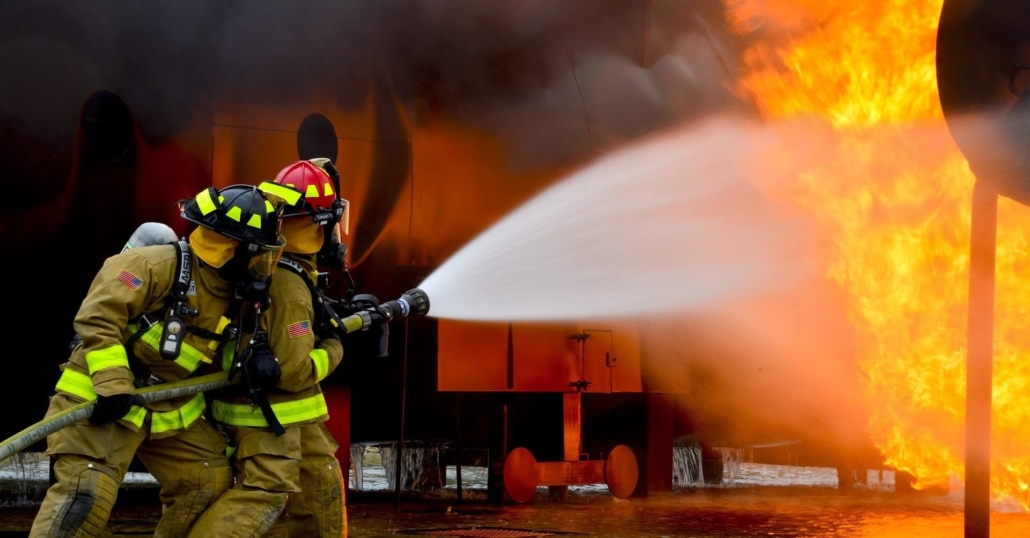For every company in Sydney Fire protection is not only legal, but it is a vital part of keeping employees, customers, and property safe. Fires can result in massive losses within a matter of minutes. With proper safety measures put in place, many of these dangers can be prevented or reduced. Inspections for fires, regular testing and tagging of electrical systems, and compliance with CFSP regulations all work together to ensure a safe environment and ensure that businesses are in compliance with local regulations as well as Building Code of Australia (BCA) standards.
Why Fire Inspections are the foundation of Safety
The first line of defense is fire inspections. These inspections verify that every part of a building’s protection system is working and current. In Sydney all businesses have to conduct inspections every six to twelve months, depending on structure’s type and the regulations of the council. The inspection can include everything from sprinkler and fire alarm systems, to smoke detectors, hydrants and extinguishers.

The ability to detect hidden issues and fix the problem before they pose a risk is what makes inspections so crucial. In an emergency an emergency, a minor flaw on a smoke detector or the fire hydrant’s condition could seem insignificant. Regular inspections for fires are a proactive approach for business owners to not only ensure they meet their compliance obligations and safeguard themselves from unplanned tragedies.
Test and Tag Testing and Tag
Electrical systems are one of the leading causes of workplace fires, which is why testing and tagging should always be part of a fire safety plan. This involves checking electrical equipment for functionality, safety and compliance, after which adding a tag to show that the equipment has been inspected. This is a condition that’s often not straightforward to meet. In many businesses this is a measure to guard against any potential dangers.
Old, worn-out, or unchecked cables, appliances that are defective or outdated wiring could quickly turn into fire hazards. By conducting regular tests and tagging, companies reduce the risk of electrical malfunctions leading to a fire outbreak. Employees are also assured that the working environment is secure. This helps create a feeling of trust and confidence within the work place. The combination of testing, tagging, and fire inspections creates a comprehensive safety plan that lowers the risk on many aspects.
The Role of CFSP in ensuring Compliance and Certification
In New South Wales only a Competent Fire Safety practitioner (CFSP) is qualified to sign or sign vital documents regarding fire safety, like the Annual Fire Safety Declarations. The CFSP accreditation ensures that only experts with qualifications are qualified to assess and verify the safety measures for fire. A partnership with a CFSP ensures that inspection reports aren’t just paperwork, they are reliable assessments by experts.
The role of a CFSP extends far beyond the mere ticking of boxes. They provide comprehensive reports and confirm compliance to laws. Businesses that are not certified with CFSP certification could be at risk of being penalized, having legal issues and even closing if their fire safety measures are deemed inadequate. Working with certified professionals will ensure that fire safety systems are being maintained correctly and that compliance obligations are met without unnecessary stress.
Fire Safety is a Constant Involvement
Fire safety is a continuous obligation for every business owner. Regularly scheduled inspections and tests of electrical equipment with a proper certification from CFSP to create a safety cycle that is never ending. This practice is not only legal, it also fosters a safety culture in the workplace. Employees can feel confident knowing that evacuation plans are in place and that smoke detectors are in operation the emergency lighting is verified, and the fire suppression system is in place to go.
In focusing on fire safety as an ongoing process and not just a checkbox to check every year businesses are able to reduce risk and improve their standing. Clients and customers are more confident in an environment where safety is visibly prioritized. Long term, investing early in fire prevention can save the company money by preventing costly damages, fines, and legal battles.
Conclusion
Sydney security for fires requires an extensive approach that includes fire inspections, testing and tagging, as well as certification by an CFSP. Each element is essential to ensuring businesses are compliant with the rules, and most important, that people and properties are protected. Safety is an integral part of business operations, not an afterthought. Businesses can meet their legal obligations and build a more durable and safer atmosphere in the near future if safety is a regular part of their daily activities.
